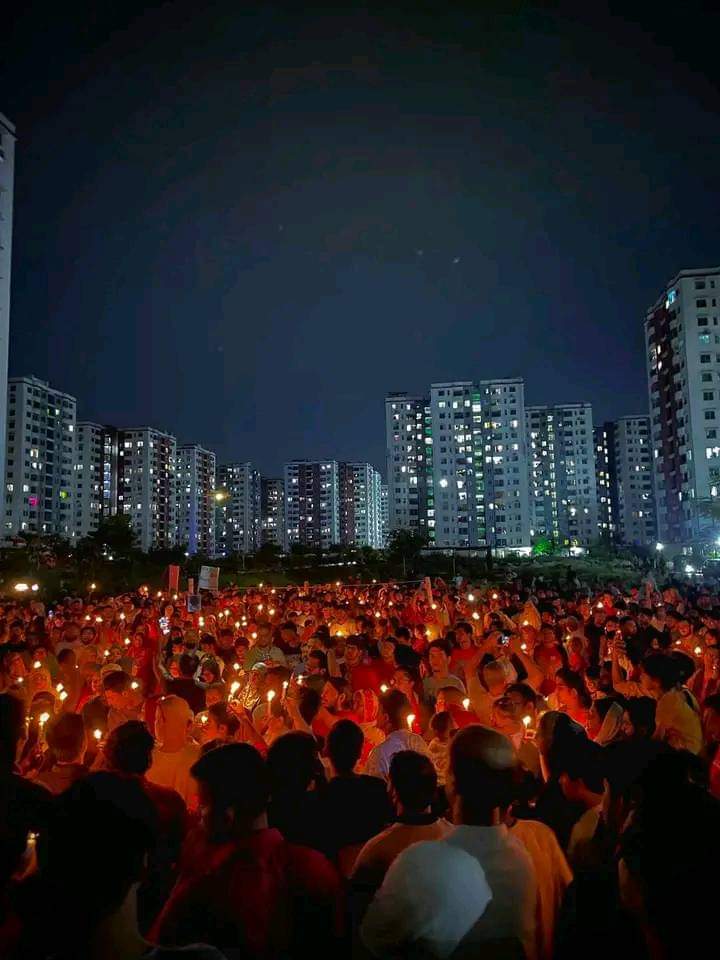
Bangladesh is currently in a state of turmoil following a series of tragic events and escalating tensions between the government and the nation’s students. Recent developments in Dhaka have brought the country into the international spotlight, raising serious concerns about human rights and the future stability of the nation.
Tragic Loss of Lives in Dhaka
In a disturbing turn of events, 92 people have lost their lives due to police violence in Dhaka. This tragic outcome has sparked outrage and despair across the country. The police’s use of bullets against civilians has not only claimed lives but also intensified the crisis, leading to widespread condemnation from human rights organizations and the global community.
Government Response: Curfew and Internet Shutdown
In response to the escalating unrest, Prime Minister Sheikh Hasina has declared a complete curfew across Bangladesh and imposed a nationwide internet blackout. This draconian measure aims to quell the growing protests and prevent the spread of information that could further inflame tensions. However, such actions have drawn criticism for their impact on civil liberties and the ability of citizens to communicate and access information.
Student Protests and Government’s Reactions
Amidst this backdrop of violence and censorship, Bangladeshi students have rallied to express their discontent, calling for a mass mobilization to Dhaka. The students’ protests are driven by frustration over the government’s handling of the crisis and broader issues of governance and justice.
Prime Minister Sheikh Hasina’s response to the student protests has been particularly controversial. In recent statements, she labeled the protesters as “terrorists,” a term that carries significant weight and has been widely condemned. The term “RAJAKAR,” used by Hasina in the past to describe students, further exacerbates the situation. This historical reference, which alludes to collaborators during the Bangladesh Liberation War, has been seen as deeply inflammatory and disrespectful to the younger generation who are seen as the future of the nation.
The Implications for Bangladesh
The current crisis in Bangladesh highlights a broader issue of governance and civil rights in the country. The violent crackdown on protests, coupled with severe restrictions on communication and expression, raises serious questions about the state of democracy and human rights in Bangladesh.
The government’s labeling of students as “terrorists” not only undermines the legitimacy of their grievances but also risks further alienating a crucial segment of the population. As students and other citizens continue to push for change, the international community is closely watching the developments, calling for a peaceful resolution and respect for human rights.
In summary, the situation in Bangladesh remains volatile and deeply concerning. With the government’s heavy-handed measures and the student protests showing no signs of abating, the path forward remains uncertain. The nation stands at a crossroads, and how it navigates this crisis will have lasting implications for its democratic future and social stability.
